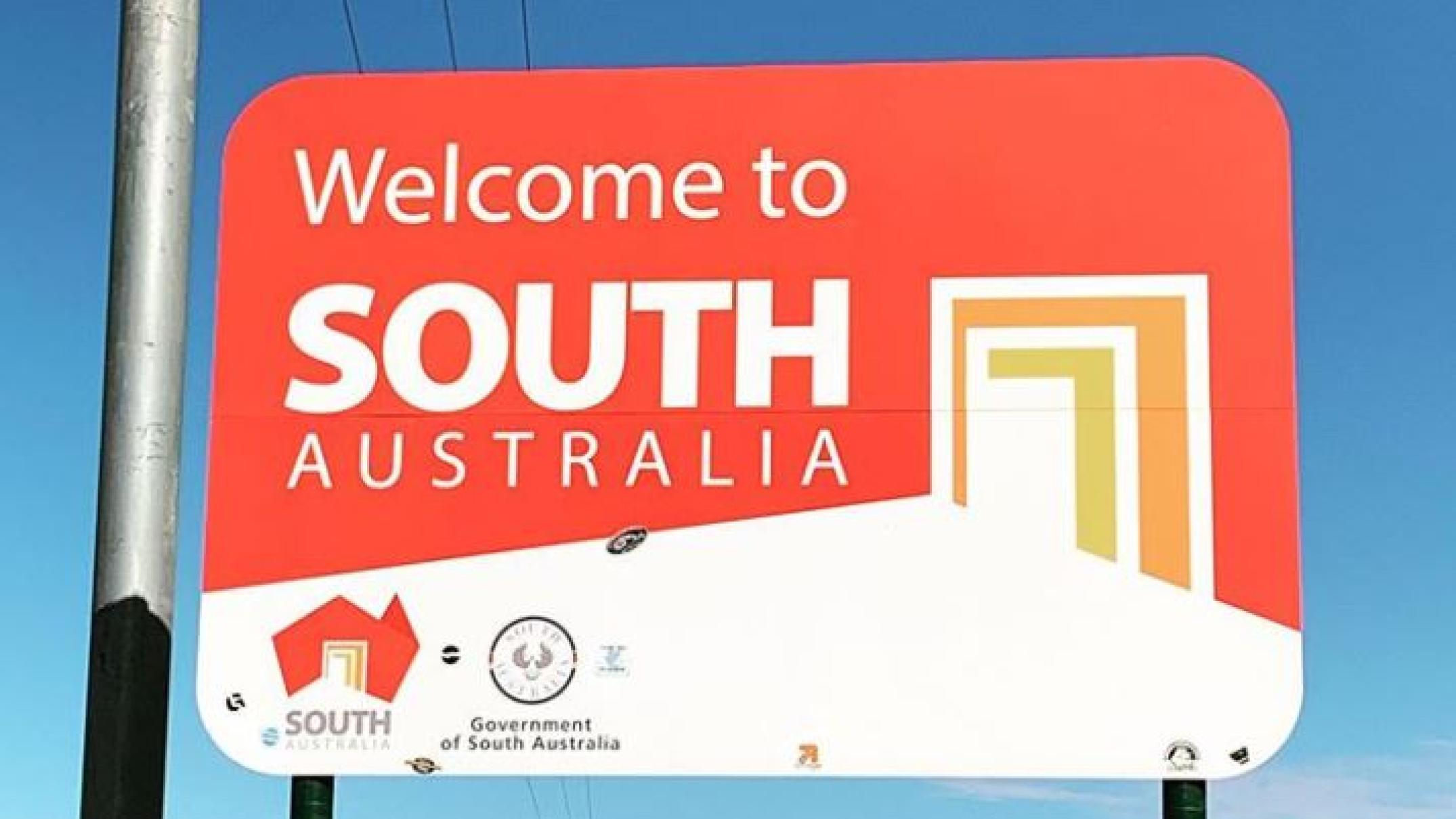Sydneysiders will be allowed to travel into South Australia for the first time in 2021 from Sunday, provided there are no new coronavirus cases in New South Wales.
Key points:
- Sydney residents have not been able to travel to South Australia since January 1
- Travel from regional NSW has since been reopened
- All travel restrictions will be removed on Sunday, but testing requirements will remain
Sydney, Wollongong and Central Coast residents have been banned from entering SA since a hard border was imposed on New Year’s Day, while South Australians returning home have had to do a 14-day quarantine on returning.
But South Australia’s Transition Committee today agreed to remove those restrictions, subject to the identification of no further cases of coronavirus in NSW.
From 12:01am on Sunday morning, anyone who has been in the Greater Sydney area since restrictions were imposed will be able to travel to South Australia and not have to quarantine.
But travellers who have been in Sydney, Wollongong or the Central Coast will still need to get tested.
“The obligation on them will be to submit to a PCR test on day one, five and 12 and after the day one test they are required to isolate until they get their PCR result,” SA Police Commissioner Grant Stevens said.
They will need to return a negative result on their day one test before being allowed out from quarantine.
Testing requirements on travellers from regional NSW will be removed.
Sydney arrivals who are currently serving their 14-day quarantine will be able to leave on Sunday morning but will need to submit to PCR tests.
Today’s decision came after NSW recorded no cases with an unidentified source in 12 days.
Families and businesses hurt by restrictions
The police commissioner said the move was the “most reasonable step we think we can put in place” to allow “freedom of movement between NSW and South Australia”.
“So we’re trying to find that middle ground position where we’re protecting South Australians but enabling as much travel as possible between states and territories, so this is a good step forward.
“We’ll continue to monitor the situation in NSW and as soon as we can remove that PCR testing for Greater Sydney we’ll certainly do that.”
The travel restrictions were put in place on New Year’s Day in response to the coronavirus cluster on Sydney’s northern beaches.
Mr Stevens said South Australia’s COVID–19 transition committee would look at wastewater analysis from NSW and the number of community transmission cases to determine when to remove all testing requirements.
South Australia today recorded its seventh day with no new coronavirus cases, including in hotel quarantine.
However, Deputy Chief Public Health Officer Michael Cusack urged people to continue to get tested.
“Even if you have the mildest symptoms at all, get tested,” Dr Cusack said.
Vaccine rollout on track
Meanwhile, Health Minister Stephen Wade said he remains confident the rollout of the COVID–19 vaccine in South Australia will not be affected by international supply delays.
South Australia is due to start distributing the Pfizer vaccine from mid-February, starting with vulnerable groups and frontline workers.
The rest of the public will be immunised from the middle of the year.
Mr Wade said he was aware of vaccine shortages overseas but that it was unlikely to affect domestic supply.
“The latest information I had is that there is no reason to revise our current schedules, which is we hope to be rolling out the first vaccines by mid to late February and, by October, we hope to have the whole population vaccinated,” he said.
South Australia has today recorded its highest-ever child-immunisation rate, at almost 95 per cent.
Mr Wade said that was a good sign that the uptake of the COVID–19 vaccine would also be high.
“These high immunisation rates have been delivered in the face of a wave of misinformation and conspiracy theories,” he said.
“I think what that shows is Australians are willing to hear the science, are willing to back the science.”




